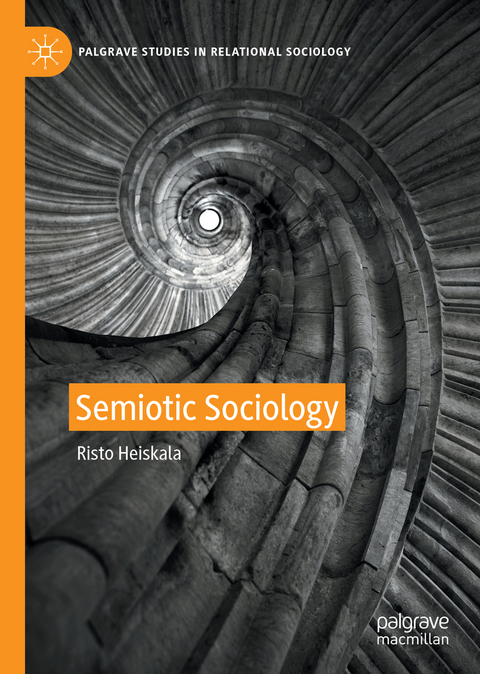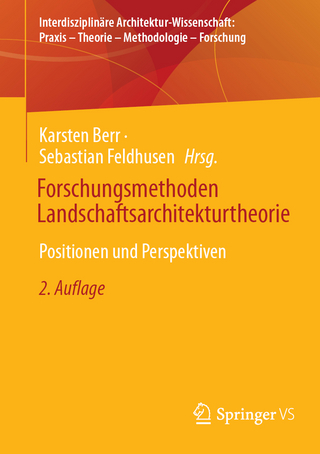
Semiotic Sociology
Springer International Publishing (Verlag)
978-3-030-79366-1 (ISBN)
Semiotic Sociology provides solid ground for cultural analysis in the social sciences by building up a mediation between structuralist semiology (Saussure), pragmatist semiotics (Peirce), and phenomenological sociology (Schutz, Garfinkel, Berger and Luckmann). This is a deviation from the common view that these traditions are seen as mutually exclusive alternatives and thus competitors of each other. The net result of the synthesis is that a new social theory emerges wherein action theories (Weber and rational choice) are based on phenomenological sociology and phenomenological sociology is based on neostructuralist semiotics, which is a synthesis of the Saussurean and the Peircean traditions of understanding habits of interpretation and interaction. The core issues of social research are then addressed on these grounds. The topics covered include the economy/society relationship, power, gender, modernity, institutionalization, the canon of current social theory including micro/macro and agency/structure relations, and the grounds of social criticism.
lt;b>Risto Heiskala is Professor of Sociology at Tampere University, EU Finland (Orcid id: 0000-0003-4466-7491). He is the author of Society as Semiosis and coeditor of Policy Design in the European Union and Social Innovations, Institutional Change and Economic Performance. He is a member of the Finnish Academy of Science and Letters and Vice-Chair of the Society for the Study of Power Relations (SSPR). He has been the Director of the Institute for Advanced Social Research (IASR) at the University of Tampere and a member of the executive committee of the European Sociological Association (ESA) as well as a founding member of its Social Theory Research Network.
1. Introduction: toward semiotic sociology and social theory.- 2. A synthesis of semiology, semiotics and phenomenological sociology.- 3. Economy and society in semiotic institutionalism.- 4. Power and signification in neostructuralism.- 5. Modernity and the intersemiotic condition.- 6. Modernity, postmodernity and reflexive modernization.- 7. Modernity and the articulation of the gender system.- 8. Gender as an institution.- 9. From Goffman to semiotic sociology.- 10. Conclusion and the next steps.
| Erscheinungsdatum | 03.11.2021 |
|---|---|
| Reihe/Serie | Palgrave Studies in Relational Sociology |
| Zusatzinfo | XV, 224 p. 21 illus. |
| Verlagsort | Cham |
| Sprache | englisch |
| Maße | 148 x 210 mm |
| Gewicht | 442 g |
| Themenwelt | Geisteswissenschaften ► Geschichte |
| Sozialwissenschaften ► Soziologie ► Allgemeine Soziologie | |
| Sozialwissenschaften ► Soziologie ► Spezielle Soziologien | |
| Schlagworte | economy • Gender • Interdisciplinarity • Neostructuralism • Phenomenological Sociology • Postmodernity • poststructuralism • Power • Semiotic institutionalism • Signification |
| ISBN-10 | 3-030-79366-4 / 3030793664 |
| ISBN-13 | 978-3-030-79366-1 / 9783030793661 |
| Zustand | Neuware |
| Informationen gemäß Produktsicherheitsverordnung (GPSR) | |
| Haben Sie eine Frage zum Produkt? |
aus dem Bereich


